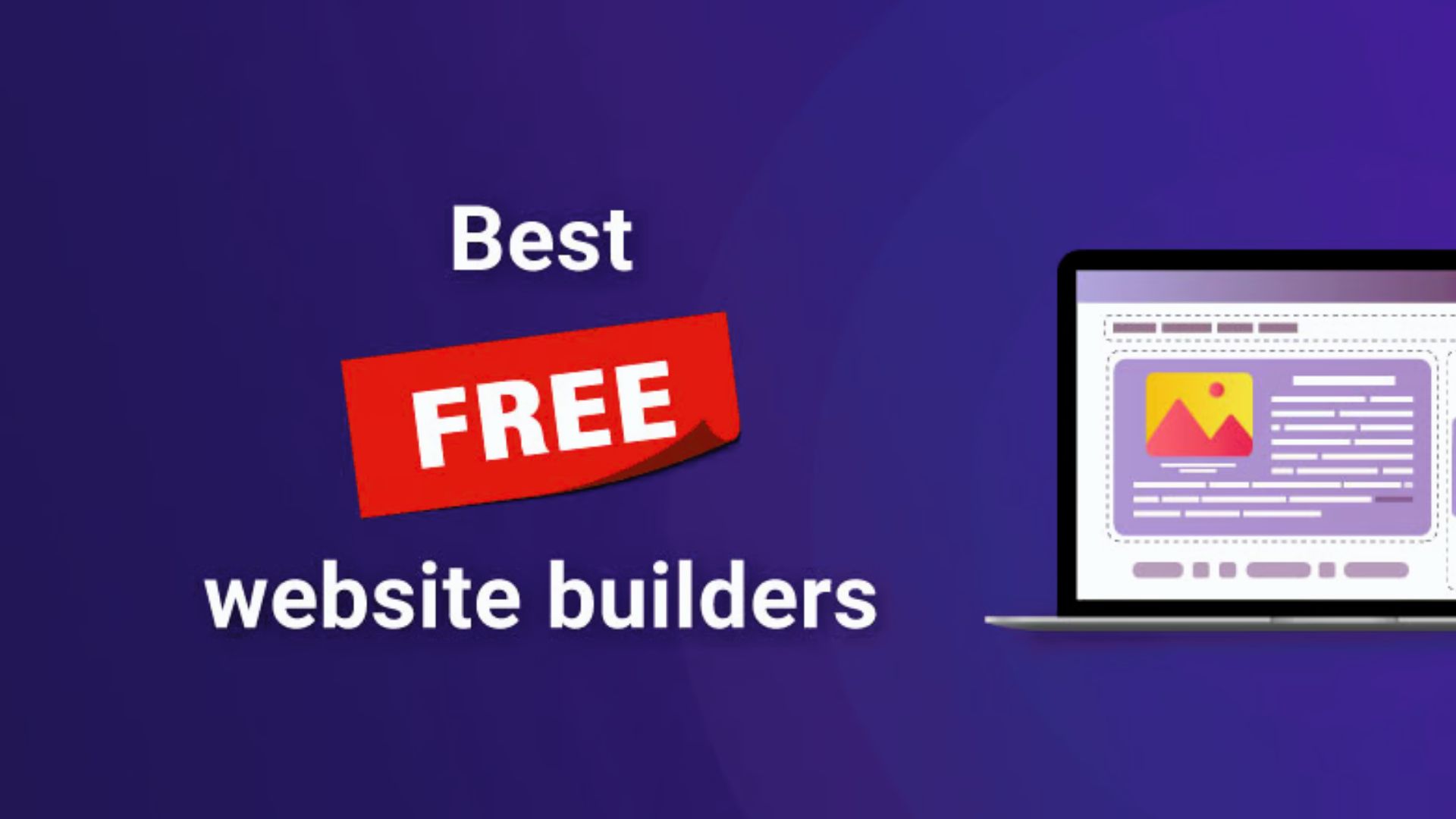Choosing the right web hosting provider is crucial for the success and performance of your website. Here are some key factors to consider when selecting a web hosting provider:
- Reliability and uptime: Look for a hosting provider with a strong reputation for reliability and high uptime percentages. Downtime can negatively impact your website’s accessibility and user experience.
- Server performance and speed: Website speed is vital for user satisfaction and search engine rankings. Ensure that the hosting provider uses modern and fast servers and offers features like content delivery networks (CDNs) to optimize your website’s performance.
- Scalability and resources: Consider your website’s current and future needs in terms of storage, bandwidth, and scalability. Ensure that the hosting provider offers plans that can accommodate your growth and provide easy scalability options.
- Support and customer service: Responsive and knowledgeable customer support is essential, especially when technical issues arise. Look for hosting providers that offer 24/7 customer support through various channels like live chat, phone, or email.
- Security measures: A reliable hosting provider should have robust security features in place to protect your website and visitors’ data from potential threats. This may include firewalls, malware scanning, SSL certificates, and regular backup options.
- User-friendly control panel: A user-friendly control panel, such as cPanel or Plesk, makes it easier to manage your website, domains, email accounts, and other hosting settings. Ensure that the hosting provider offers an intuitive control panel that suits your needs.
- Pricing and value for money: Compare the pricing plans of different hosting providers, considering the features and resources they offer. Be cautious of extremely low prices, as they may come with limited support, slow performance, or hidden costs.
- Reputation and customer reviews: Research and read reviews from other customers to gauge the hosting provider’s reputation and reliability. Consider their experiences, customer satisfaction levels, and any recurring issues mentioned.
- Specialized hosting requirements: If your website requires specific technologies or platforms (e.g., WordPress, e-commerce, or specific programming languages), ensure that the hosting provider supports and specializes in those requirements.
- Backup and disaster recovery: Regular backups and disaster recovery options are crucial in case of accidental data loss or website malfunctions. Check if the hosting provider offers backup solutions, how frequently backups are performed, and how easy it is to restore data.
Remember that migrating a website from one hosting provider to another can be complex and time-consuming, so it’s important to carefully assess your needs and conduct thorough research before making a decision. Choosing the right hosting provider sets a strong foundation for your website’s performance, security, and overall success.










